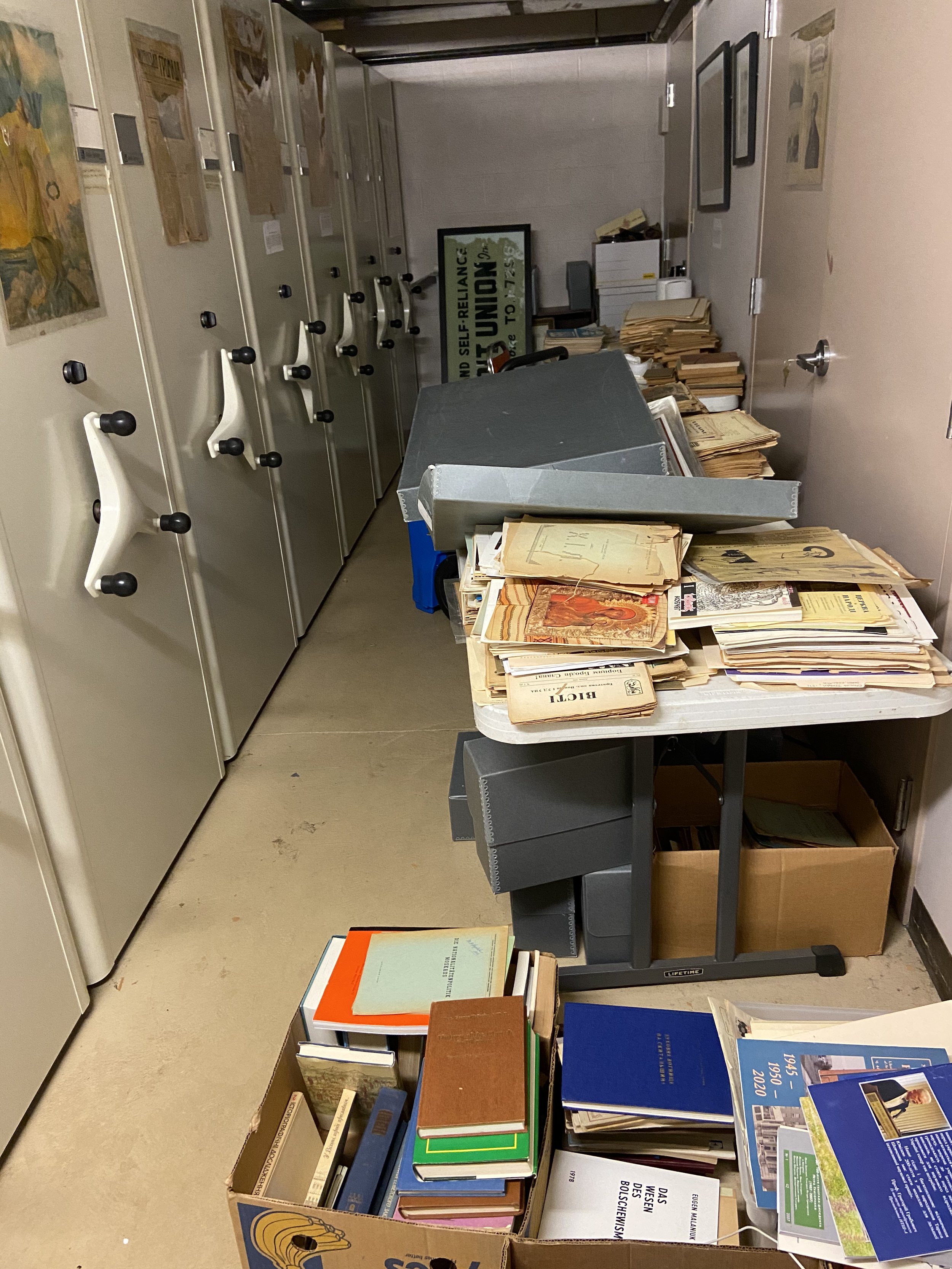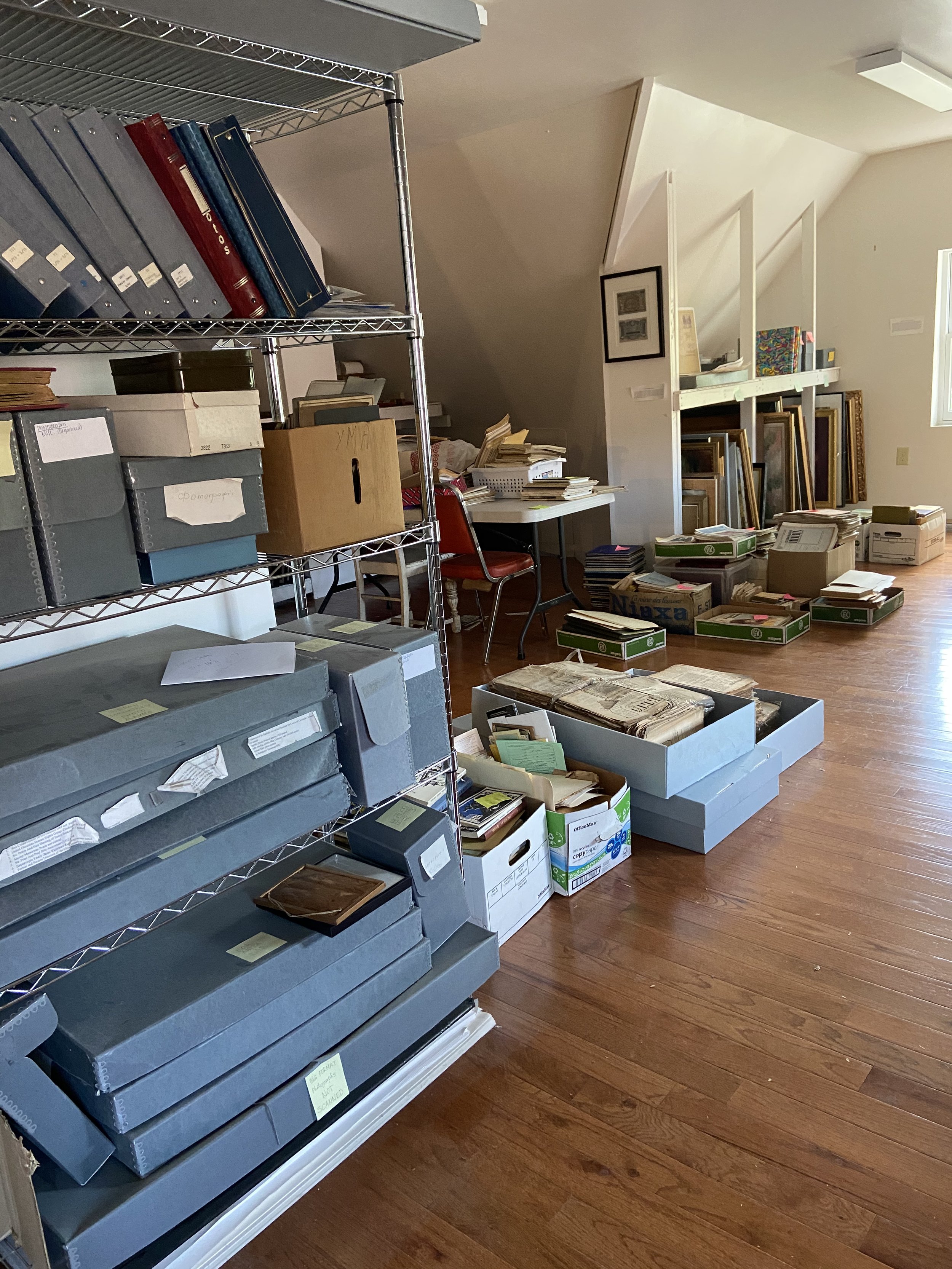
Karolina Koziura
Karolina Koziura is a PhD Candidate in Sociology and Historical Studies at The New School for Social Research. Her research explores problems of nationalism, knowledge production, and memory politics in Central and Eastern Europe.
Karolina Koziura is a PhD Candidate in Sociology and Historical Studies at the New School for Social Research. Her research explores problems of nationalism, knowledge production, and memory politics in Central and Eastern Europe. Karolina’s doctoral dissertation combines historical and sociological approaches to the transnational production of knowledge about the Great Ukrainian Famine 1932-1933, known as the Holodomor. Among other venues, her work has appeared in the European Journal of Sociology and East European Politics and Societies. Karolina has been a recipient of numerous fellowships, most recently the Visegrad Fellowship at the Open Society Archives in Budapest, Hungary, the Jozef Tischner Fellowship at the Institute for Human Sciences in Vienna, Austria, and the visiting scholarship at the NYU Jordan Center for the Advanced Study of Russia.
In East European history, the Holodomor stands as one of the biggest atrocities, costing the lives of almost four million people. Today, the Ukrainian state recognizes the Great Famine as genocide, and the Holodomor, which means “extermination by hunger,” is part of the foundation of Ukrainian nationalism centered on the idea of victimhood. Yet, in the 1930s, holodomor was not “the Holodomor.” For deprived, exhausted peasants, the terror of 1932-1933 was “the hungry days,” a vast trauma that haunted them all their lives and which many carried to North America as refugees. Until its collapse, the Soviet state’s relentless campaigns of disinformation and falsification called the Famine “a temporary food difficulty,” while, internationally, the Famine was quickly ignored. In the 1950s, the North American cultural elite of the Ukrainian diaspora slowly rediscovered and nationalized it to further unite around its annual commemorations. What was framed then as a “Ukrainian genocide” persisted in the diaspora and was later repurposed by the political elites of the newly independent Ukraine.
While at GIDEST, Karolina will trace these shifting developments of the Holodomor by focusing on diasporic counter-archives as sites of both epistemic anxiety and ordinary affects. By examining how archives are created in the political context of colonial violence, epistemic marginalization, and displacement, she will seek to understand the multilayered importance of documentation for reclaiming the authority over a silenced past and challenging established modes of knowledge production.




